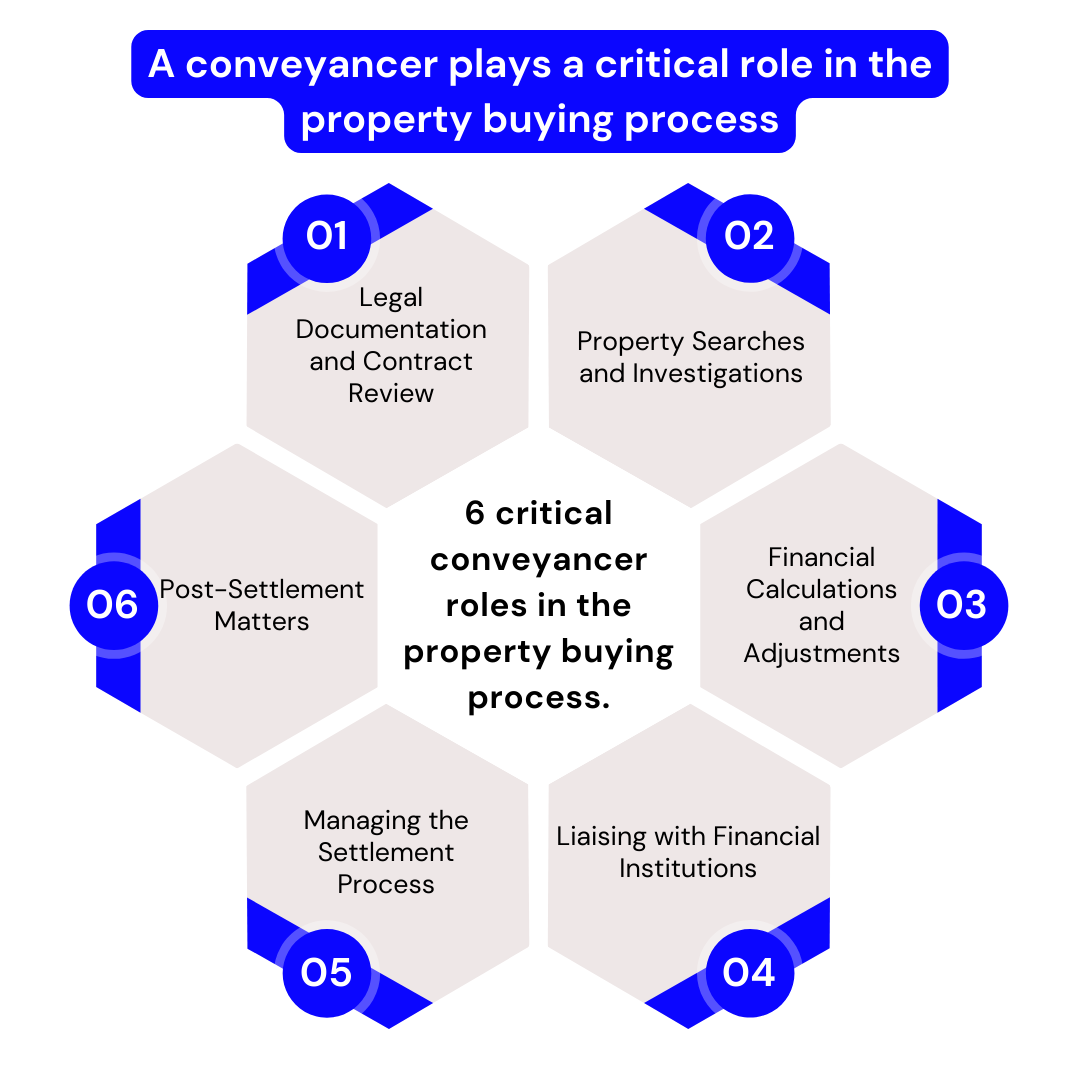Buying a Strata Property: A Comprehensive Guide for New Home Buyers and Investors

Introduction
Strata properties, also known as condominiums or apartments, are becoming increasingly popular in Australia due to their affordability, convenience, and proximity to amenities. However, buying a strata property comes with unique considerations and responsibilities compared to a traditional freestanding house. This guide will provide you with the essential information you need to make an informed decision when purchasing a strata property.
Key Information
Strata vs. Freestanding Properties: Strata properties involve shared ownership of common areas, while freestanding properties offer exclusive ownership of the entire property and land.
Responsibilities: Strata owners share the responsibility for maintaining common areas and abiding by strata by-laws.
Before Buying a Strata Property
1. Read the By-Laws:
The by-laws outline the rules and regulations for the strata scheme. Ensure they align with your lifestyle and preferences.
2. Obtain Strata and Building Inspection Reports:
These reports provide valuable insights into the financial health, building condition, and potential issues of the strata scheme.
3. Consider Ownership and Costs:
Understand the extent of your ownership (lot) and the shared ownership of common property. Familiarize yourself with strata levies, which cover maintenance and upkeep.
4. Research the Developer, Builder, and Strata Manager:
Assess their reputation and experience in managing strata schemes.
5. Evaluate Parking, Public Transport, and Amenities:
Consider the availability of parking, access to public transport, and proximity to essential amenities.
6. Don't forget to review the contract of sales:
Strongly recommended to engage a solicitor or a conveyancer to review the contract of sales to identified the red flags and concerns before making an offer.
What is Strata?
A strata scheme is a legal structure that divides a building or group of buildings into individual units (lots) and shared common property. Each lot owner has exclusive ownership of their unit and shared ownership of common areas like hallways, gardens, and swimming pools.
What Do You Own in a Strata Property?
Your ownership within a strata scheme typically includes:
Internal walls, fixtures, and fittings within your unit
Appliances, carpets, and blinds
Toilets, baths, and kitchen amenities
What is Common Property?
Common property refers to areas shared by all lot owners within the strata scheme. It typically includes:
Driveways, parking areas, and gardens
Swimming pools, gymnasiums, and recreational facilities
External walls, roofs, and pipes
Electrical wiring and common plumbing
Strata By-Laws
Strata by-laws are rules that govern the conduct and activities within the strata scheme. Before buying, carefully review the by-laws to ensure they align with your lifestyle and expectations.
Strata Levies
Strata levies are fees paid by lot owners to cover the costs of managing and maintaining common property. They are typically paid quarterly and can vary depending on the size and complexity of the strata scheme.
Getting Strata and Building Inspection Reports
Before committing to a strata property, it's crucial to obtain a strata search report and a building inspection report.
Strata Search Report: This report provides detailed information about the strata scheme's financial health, building defects, legal matters, and meeting minutes.
Building Inspection Report: This report assesses the structural integrity and condition of the building, identifying any potential issues or repairs that may be needed.
Additional Considerations
Age and Condition of the Strata Scheme: Older strata schemes may require more significant maintenance or repairs in the future, which could impact levies.
Reasonableness of Current Levies: Consider whether the current levies are sufficient to cover ongoing maintenance and future capital works.
Special Levies: Be aware of the possibility of special levies for unforeseen expenses or large capital works projects.
Conclusion
Buying a strata property offers a unique blend of affordability, convenience, and lifestyle benefits. By carefully considering the factors outlined in this guide, you can make an informed decision and enjoy the advantages of strata living. Remember, thorough research, due diligence, and understanding the responsibilities of strata ownership are key to a successful strata purchase.




